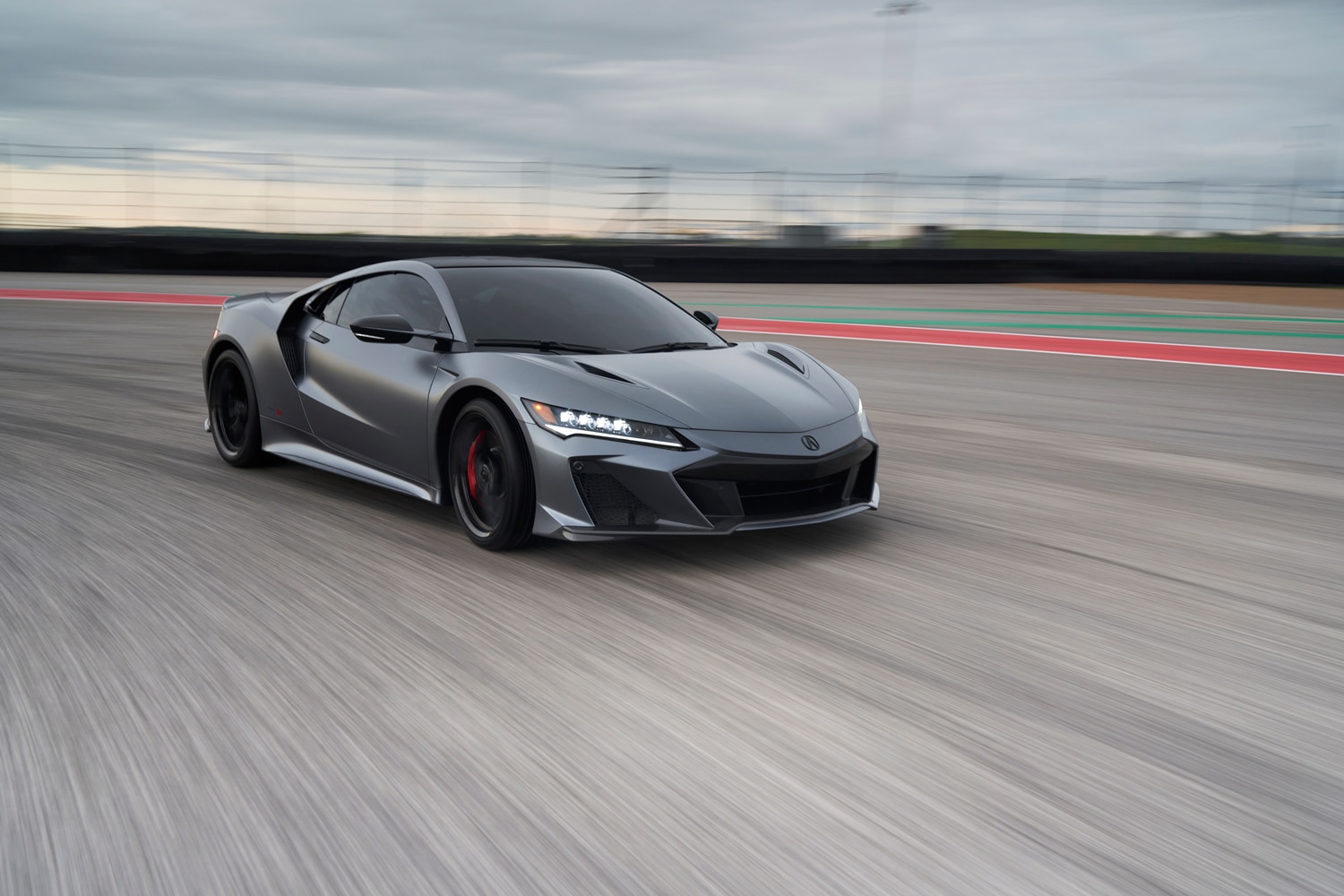The Ultimate Guide to BaoXing Bags
Explore the latest trends and styles in BaoXing bags.
When Gas Meets Battery: The Love Story of Hybrid Cars
Discover the thrilling romance of gas and battery in hybrid cars. Uncover the secrets behind their eco-friendly love story!
How Hybrid Cars Combine the Best of Both Worlds: Gas and Battery
As the automotive industry shifts towards more sustainable solutions, hybrid cars have emerged as a compelling option, effectively combining the advantages of both gasoline engines and battery technology. These vehicles utilize a dual-power system that allows for greater fuel efficiency and reduced emissions. By leveraging the power of electric motors for lower speeds and city driving, hybrids minimize fuel consumption, while the gasoline engine kicks in during higher speeds or when additional power is needed. This integration not only improves performance but also offers drivers the flexibility to choose between electric and traditional fuel sources, making it easier to transition to more eco-friendly driving habits.
Moreover, hybrid cars can significantly reduce the carbon footprint compared to their purely gasoline counterparts. The use of batteries allows for regenerative braking, which captures energy typically lost during braking and uses it to recharge the battery. This innovative technology not only enhances fuel economy but also contributes to a smoother driving experience. With advancements in hybrid technology, vehicle manufacturers are continually working to optimize engine performance and battery efficiency, making these cars an attractive choice for environmentally conscious consumers looking to enjoy the best of both worlds.

The Environmental Impact of Hybrid Cars: Are They Worth It?
Hybrid cars have increasingly gained popularity as a more environmentally friendly alternative to traditional gasoline vehicles. These vehicles combine an internal combustion engine with an electric motor, which allows them to use less fuel and produce lower emissions. One of the significant environmental impacts of hybrid cars is their ability to reduce greenhouse gas emissions, particularly in urban areas where stop-and-go driving is common. According to studies, hybrid vehicles can emit up to 40% less carbon dioxide compared to their non-hybrid counterparts, contributing to a cleaner atmosphere and less air pollution.
However, the environmental benefits of hybrid cars must be weighed against their production processes and battery disposal methods. The materials required for hybrid batteries, such as lithium and cobalt, often involve environmentally damaging extraction processes. Furthermore, the recycling of these components is still a developing field, raising concerns about waste management and the overall lifecycle impact of these cars. Therefore, while hybrid cars offer a step towards greener transport, potential buyers should consider both the immediate benefits and the long-term implications on the environment before deciding if they are truly worth it.
What Makes Hybrid Cars a Smart Choice for Your Commute?
As urban areas continue to expand and fuel prices fluctuate, hybrid cars are becoming an increasingly smart choice for daily commutes. These vehicles combine traditional gasoline engines with electric propulsion systems, offering improved fuel efficiency and lower emissions compared to conventional cars. By utilizing both power sources, hybrid vehicles can achieve remarkable mileage—often exceeding 50 miles per gallon—which translates to significant savings at the pump. Additionally, many hybrid cars come with various eco-friendly features, such as regenerative braking, which recycles energy otherwise lost during braking to recharge the battery.
Furthermore, driving a hybrid car can enhance your overall commuting experience. Many regions offer incentives for hybrid vehicle owners, including access to carpool lanes, reduced toll fees, and tax credits. These benefits can save you both time and money, making your commute more efficient. Moreover, the quieter operation of hybrid engines means a more peaceful driving experience. As cities continue to prioritize sustainability and eco-friendly practices, choosing a hybrid car is not just a personal choice; it's also a step toward contributing to a greener planet.